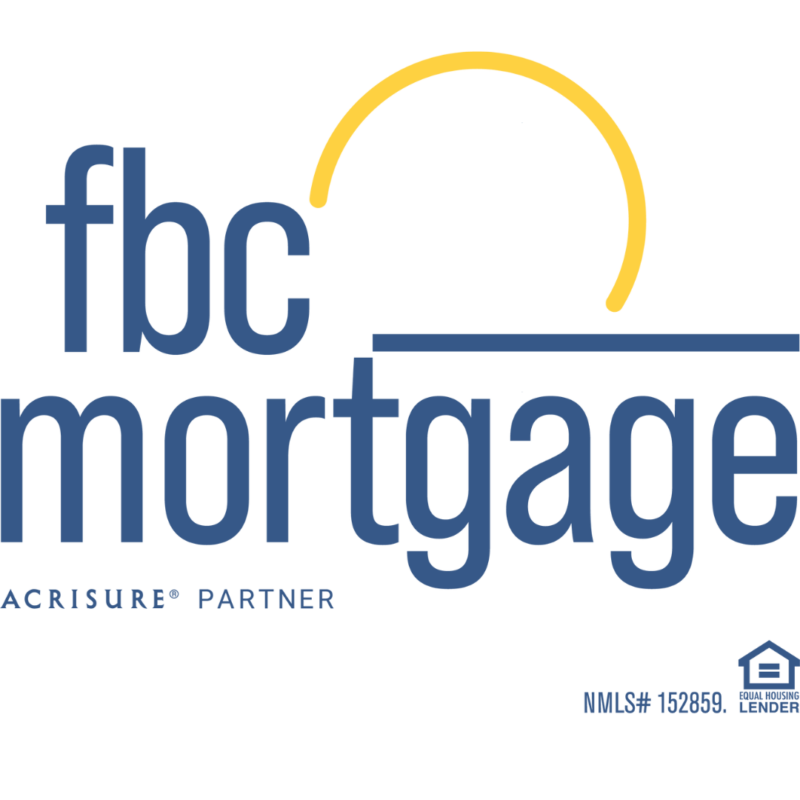Investing in rental properties has become increasingly popular over the past few years. It is seen as a way to diversify one’s portfolio and get a steady income stream for many investors looking for passive income options. Not only does rental property investing offer potential cash flow and appreciation, but it also provides an additional layer of asset protection from inflation, taxes, and market downturns.
In this blog post, we will be discussing some key elements to consider when investing in rental property, including understanding the financial aspect of the investment, finding great deals on properties that fit your budget and timeline needs, managing unexpected costs or repairs associated with owning property along with its tenants, and calculating return on investment (ROI) so you can make informed decisions about which real estate investments will work best for you!
Certainly! Here are some specific pieces of information you could include in your blog post on “How to invest in rental property”:
The Benefits Of Investing In Rental Property
Investing in rental property can be a great way to generate passive income and increase your wealth over time. With the right strategies, generating returns that exceed many other investment forms is possible.
One of the biggest advantages of investing in rental property is the potential for cash flow. You can create a steady monthly income stream by charging rent and carefully managing expenses. Over time, this income can add up to significant wealth.
Another advantage of investing in rental property is the potential for capital appreciation. If you buy a property and hold onto it long enough, its value will likely appreciate over time. This allows you to sell your investments at a profit.
Finally, investing in rental property also gives you the option of “forced appreciation.” You can increase your property’s value quickly and significantly by making improvements and renovations. This is an excellent way to maximize your returns from rental investments.
Types Of Rental Properties
Rental properties come in a variety of types, including single-family homes, multi-family homes, condos/townhomes, apartments, and vacation rentals. Single-family homes are typically detached and offer more privacy than other rental properties. Multi-family homes are dwellings with multiple units within one property.
Condos/townhomes are typically attached to other dwellings and may include shared amenities like a pool or clubhouse. Apartments are often in multi-unit buildings and offer smaller living spaces than single-family homes. Vacation rentals are properties rented out for short or extended periods, such as beaches, cabins, ski chalets, villas, and more.
No matter which type of rental property you choose, there are several factors to consider when searching for the best fit. Consider everything from size and location to amenities, budget, neighborhood features, parking availability, accessibility needs, and more. It’s important to research all the options to make an informed decision.
Location
Location plays an important role when it comes to rental property investment. Investors need to understand the local market to decide where to buy, how much to charge for rent, and what amenities tenants might want.
Investors should look into a variety of factors when selecting a location for their rental property. These factors can include the area’s current population and job market, public transportation options, crime rates, and ease of access to local amenities like grocery stores, entertainment venues, and medical facilities. Additionally, it is important to understand the local rental prices so investors can better understand how much they can charge for rent.
Financing Options
Rental property investments provide the potential for long-term returns and steady income streams, but these investments often require substantial upfront capital. Fortunately, various financing options are available to help investors purchase rental properties.
One common method is to take out a mortgage loan from a financial institution. This can be beneficial because it allows investors to invest in rental properties without having to come up with all the capital upfront. Mortgage loans typically require a down payment of at least 20%, but some lenders offer mortgages with lower down payments. Additionally, mortgage loan terms can vary from 15 to 30 years, and interest rates are usually competitively priced.
Another option is using a home equity loan to purchase a rental property. This can be beneficial if you own your primary residence and have some built-up equity. Home equity loans typically involve borrowing against the value of your home and often offer lower interest rates than other financing options.
Investors may also consider using credit cards to finance rental properties. Although this option will likely have higher interest rates than a traditional mortgage loan, it can benefit smaller investments. Credit cards also provide flexibility in payment terms and often offer rewards programs that help offset the cost of funding a rental property.
Property Management
Property management for rental property investment is essential to the success of your venture. Property managers can help you maximize your profits and minimize risk by managing all aspects of the rental process, including finding suitable tenants, collecting rent, and caring for the property.
Property managers can ensure that rental property investments remain profitable and secure while providing peace of mind for the owner. They will also take care of any maintenance issues that arise with the rental property, as well as handle any tenant disputes or emergencies that may arise. With their expertise, owners can focus on other areas of their business and rest assured in knowing that their rental property is in good hands.
Legal Considerations
Rental property investing can be a great way to generate income and build wealth, but it has its challenges. One of the biggest challenges is dealing with all of the legal aspects. From understanding landlord-tenant laws to ensuring you comply with local, state, and federal regulations, there is a lot to consider when investing in rental property.
Before becoming a landlord, it is important to familiarize yourself with the different legal aspects of rental property investing, such as:
Landlord-Tenant Law
Landlord-Tenant Law covers everything from tenant rights and obligations to security deposits and evictions. It is important to understand your state’s laws to know your rights and responsibilities as a landlord.
Fair Housing Laws
These laws protect tenants from discrimination when renting a property. Understanding and complying with these laws is important so you do not violate any rules or regulations.
Zoning & Building Regulations
Depending on the area, there could be specific zoning and building regulations that must be followed when it comes to rental properties. Checking with your local municipality before investing in a property is important.
Tax Implications
Investing in rental properties can have major tax implications. Understanding the tax code and knowing any deductions or credits you may qualify for as an investor is important.
Landlord Tenant Laws
As a rental property investor, it is important to understand the laws that protect both you and your tenants. These laws cover everything from tenant rights and responsibilities to eviction proceedings. It is important to know these laws to manage your rental properties properly.
Return On Investment (ROI)
The potential ROI for a rental property investment depends on multiple factors, such as the type of property, location, financing terms and costs, condition of the home, and rent prices. To maximize return on investment (ROI), investors should look for properties in areas with good schools and job opportunities that retain their value over time. When financing a rental property, investors should also consider the costs associated with obtaining and securing a loan, as these will impact their overall ROI.
Additionally, investors should factor in the cost of maintenance and repairs when calculating potential ROI for rental property investment.
Finally, it is important to research current rent prices in the area to ensure a competitive rate, as this will help to ensure the highest potential return on investment. By considering all of these factors, investors can maximize their potential ROI when investing in rental properties.
Tips For Success
Before investing in rental property, it is important to research the local real estate market and understand its dynamics. Knowing what rents are currently being charged for similar properties in the area can help you understand how much you should charge for your rental property. Additionally, researching recent sales of comparable properties can give you a better idea of the current market value.
It is important to create an accurate budget and plan for any potential repairs or upgrades that may be required to make the property more attractive to tenants. Finding good financial resources, such as lenders specializing in rental properties, can also help investors secure favorable financing terms.
Conclusion
Investing in rental property can be very profitable if you go into it informed and understand the industry. There are a lot of potential risks and rewards associated with owning a rental property; however, with proper research and preparation, you can have great success. Speaking to experienced investors is key to understanding the business and what strategies work best for generating a steady income stream.
Additionally, there are several important factors to consider when deciding on a property, such as taxes, insurance, and other expenses that must be considered before investing in a property.
In conclusion, taking your time and researching the market is essential when pursuing investments in rental properties, as it can lead to both financial longevity and outstanding returns.




